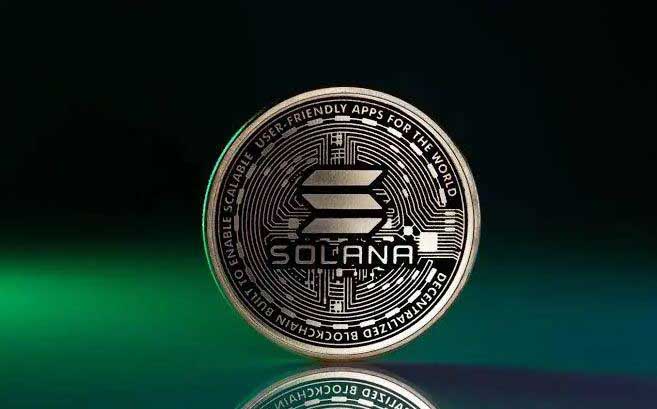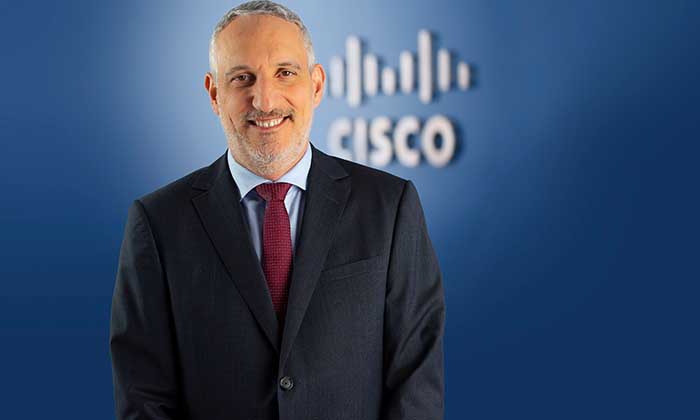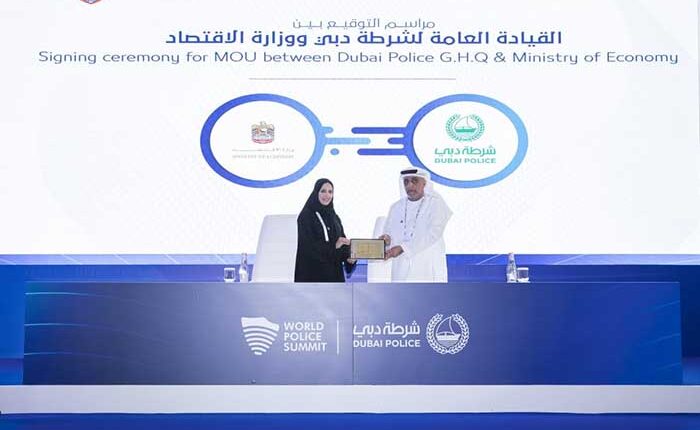- White paper further reveals that collaboration with policymakers, regulators and companies is the most effective way for the fintech sector in Middle East and Turkey to thrive
- Study highlighted how solutions related to payments and remittances continue to drive the growth of the region's fintech sector, with lending and open banking growing at a fast pace
Data analytics and artificial intelligence (AI) are the top technologies of the Fourth Industrial Revolution that are powering fintech solutions, found a Mastercard study on the state of fintech in the Middle East and Turkey markets*.
The white paper titled ‘The Future of Fintech: Smart, Scalable, Collaborative’ was released during Fintech Surge in GITEX Global 2022, one of the leading technology events in the Middle East. Mastercard is a Strategic Sponsor of Fintech Surge where senior global and regional executives are speaking at multiple panel discussions, fireside chats and presentations.
Announced during a panel discussion, the white paper findings were discussed by industry leaders who highlighted how young, technologically savvy, and informed consumers are driving the trend for fintech products and services across the Middle East and Turkey. The metaverse, AI, 5G, and data analytics are making hyper-personalized experiences possible for consumers, which, in turn, fuel the demand for a 24/7 digital experience.
“The fintech landscape is accelerating at an unprecedented speed to transform economies and the exchange of value. Our study “The Future of Fintech: Smart, Scalable, Collaborative” shows that new players are continuously emerging, their scaling strategies are maturing, and investments are accelerating. Yet, the core mission of fintech companies remains the same - they strive to empower consumers, increase financial access, and help bring the unbanked and underbanked into the digital economy. Mastercard provides the services and tools fintech innovators need to iterate at each stage of their journey, transform bold ideas, and achieve scale at pace to connect more people to the digital economy,” said Ngozi Megwa, Senior Vice President Digital Partners and Enablers, EEMEA, Mastercard.
The study highlighted that fintech are disruptors of the status quo in the pursuit of a better tomorrow. They are agile and able to identify opportunities – often during times of upheaval such as the 2008 financial crisis and COVID-19 pandemic, when the need for innovation is heightened.
The global fintech market was valued at US$112.5 billion in 2021 and is projected to reach US$332.5 billion by 2028, reflecting a compound annual growth rate (CAGR) of 19.8%. The white paper also revealed that there are more than 470 fintech unicorns globally, with 40 of them added in Q1 2022. The Middle East and North Africa (MENA) region alone is expected to have 45 fintech unicorns by 2030, a tenth of global numbers. In Turkey, 2021 was a record year for fintech deals and funding. The highest ever fintech round in Turkey was closed in 2021 and one startup announced its acquisition.
A major reason for this growth, the study found, is the collaborative approach that can lift all boats in the fintech sector of the Middle East and Turkey. The paper goes to say that fintech solutions in these markets work to resolve pain points of consumers and merchants in a very localized framework. For the fintech sector and companies to expand, they need to start operating across borders.
The white paper explored the ecosystem around how fintech can be established, operate and grow. Some of the key findings include:
- Fintech startups in MENA recorded huge growth in funding in 2021
- Fintech startups in MENA recorded a 183% growth in funding in 2021, the highest yearly growth rate over the past five years. Most of the fintech funding deals (32%) and funding capital (49%) across MENA in 2021 was focused on the UAE.
- Regulation of the fintech sector is on the rise
- Regulation of the fintech sector in the Middle East and Turkey includes multiple facets, such as payments, remittances, equity crowdfunding, E-money and P2P lending. The UAE has regulations for all the five facets and leads in the region, followed by Saudi Arabia and Bahrain, which regulate four out of the five facets. Egypt and Turkey have regulations in place for three of these facets while Qatar has soft-launched its regulatory sandbox and is planning to have a full launch in the near future. The four areas in focus for Qatar are payments, regtech, Islamic finance, and SMEs.
- Regulation, though, is still very localized, as the primary concern of regulators is to protect consumers in their own countries. Very few country regulators have forged collaborative partnerships with their counterparts in neighboring countries, to allow companies from one country to operate seamlessly in the other.
- Open banking is seeing increasing consumer acceptance and is transformative in fintech adoption
- 51% of consumers say faster transactions are the biggest benefit of using open banking. The Mastercard New Payments Index 2022 shows that consumers are using open banking for a variety of tasks, including bill payments, loans, Buy Now Pay Later (BNPL) payments, credit score optimization, remittances, saving, trading cryptocurrency, paying off loans, and financial planning, among other things. Over 50% of consumers across the region want to link their accounts to automate payments, because transactions are faster. And almost 50% find it more convenient to track and manage bill payments, to transact between accounts, and for general financial management.
- Partnerships with global corporations are important
- It becomes very important for fintech companies to get global corporations on board. This enables a fintech company to resolve several cross-border issues related to regulation, payments (making and receiving them), raising funding rounds, among others. Companies like Mastercard are helping fintechs to rapidly scale. It is also important for a fintech to identify the most relevant stakeholders - including making the right connections in the traditional banking sector - to be able to successfully navigate local, regional, and global growth.
















